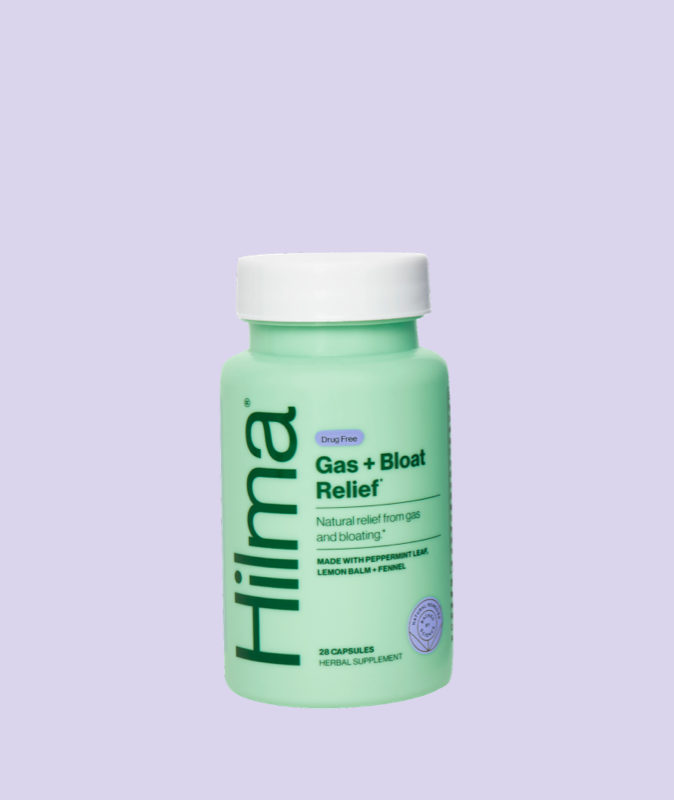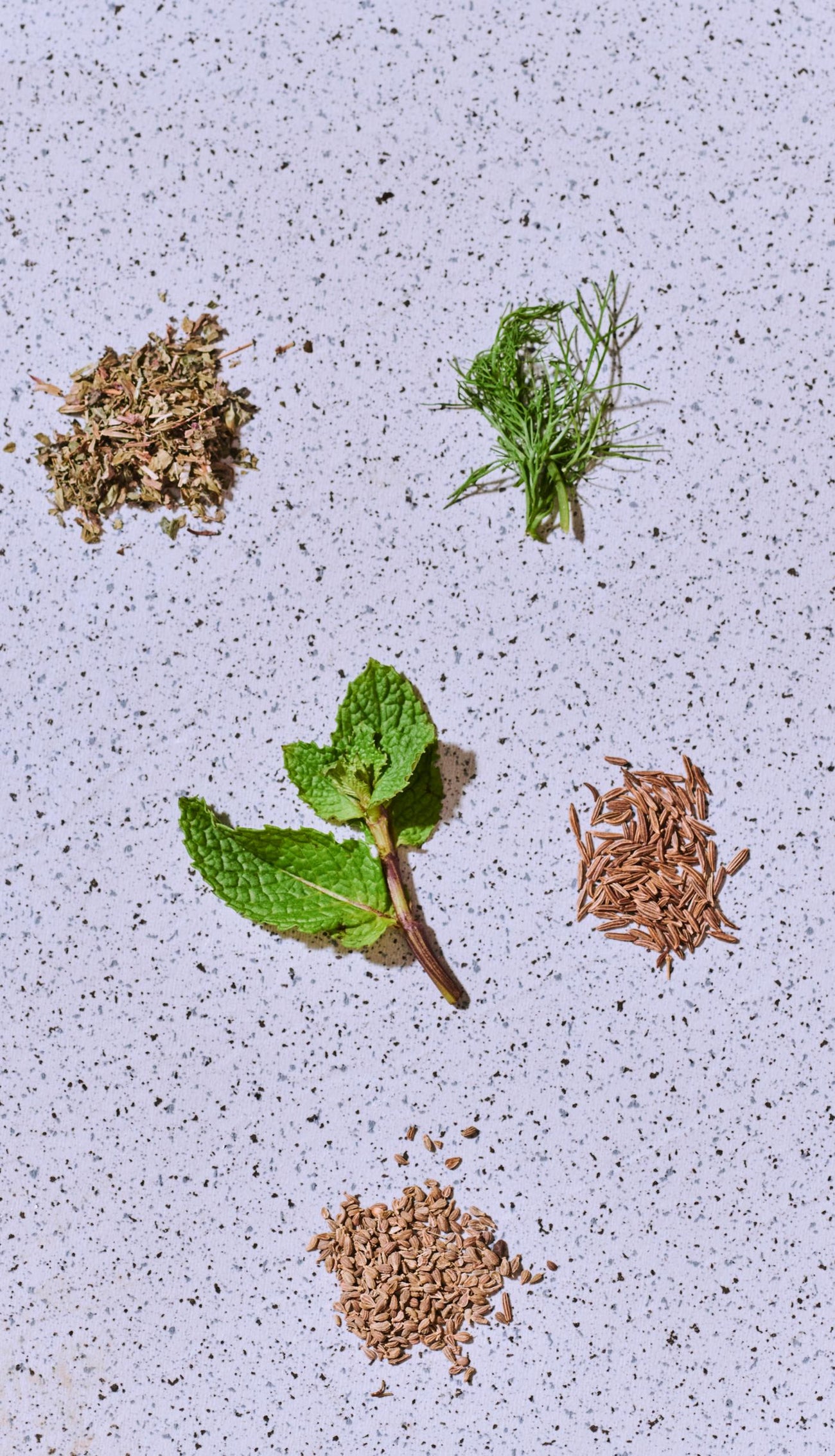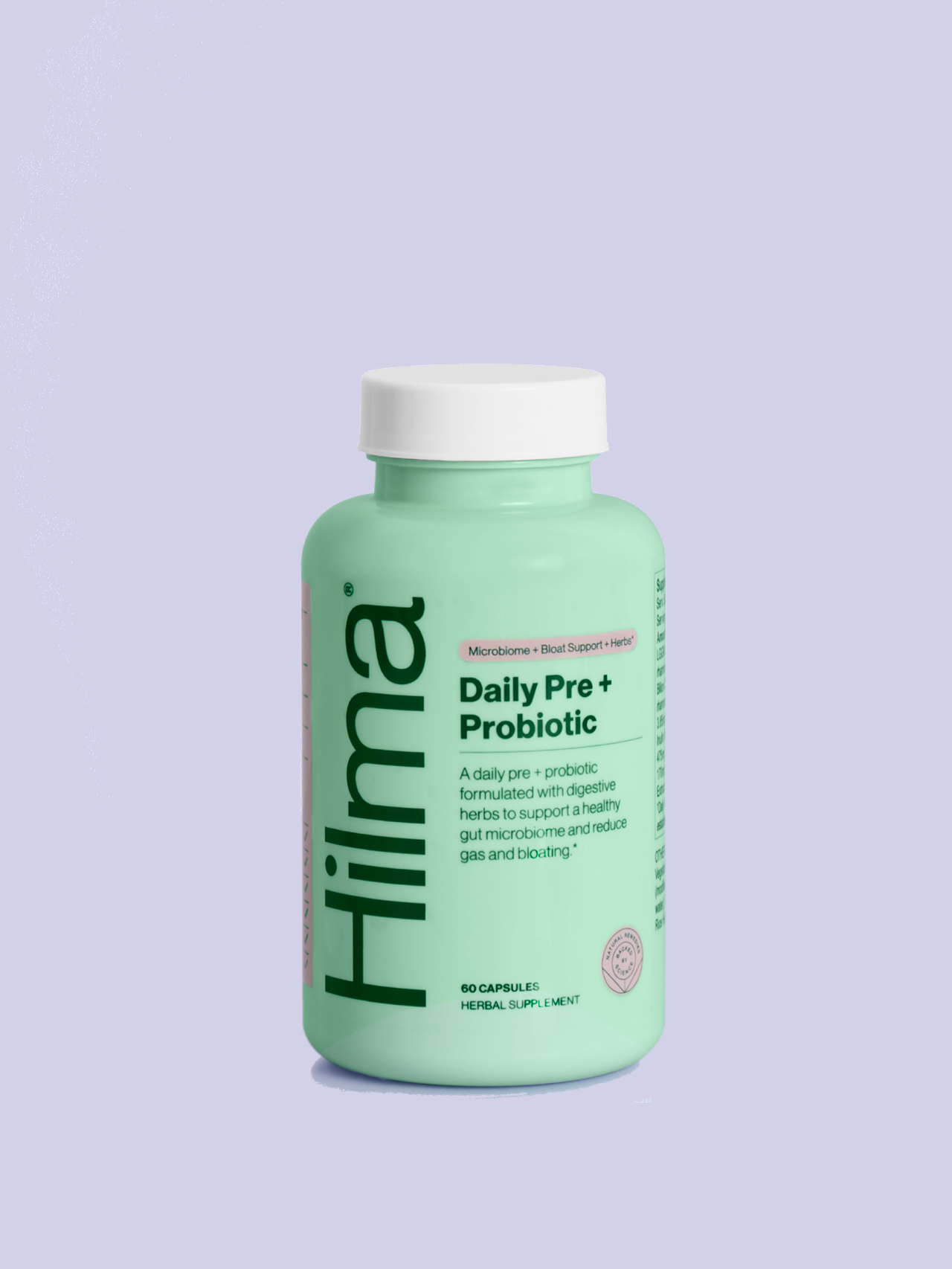
Understanding and Managing Bloating
Bloating—that uncomfortable feeling of a heavy balloon expanding in your stomach—is a common digestive issue that many people experience. It can be triggered by a variety of factors, including stress, food intolerances, irritable bowel syndrome (IBS), small intestinal bacterial overgrowth (SIBO), or constipation. Though the causes vary, these issues often share one thing in common: certain foods can trigger or exacerbate bloating.
If you have been battling with bloating, it can be helpful to identify some common culprits in your diet. But before you swear off entire food groups for life, it’s important to understand that these foods aren’t inherently bad for you. Some of them may temporarily irritate your gut, but with time and healing, many people can reintroduce them without discomfort.
Here’s a list of foods that might be causing bloating, which you could consider limiting temporarily:
Dairy
Let’s start with a big one: dairy. Did you know that less than 40% of adults produce enough of the enzyme lactase to properly digest lactose, the sugar found in milk? Without sufficient lactase, the lactose in dairy remains undigested in the gut, where bacteria ferment it, leading to gas, bloating, and sometimes diarrhea. If you’ve ever felt like there was a mini balloon inflating in your stomach after eating ice cream or drinking milk, you know exactly what this feels like.
While dairy products provide valuable nutrients like calcium and vitamin D, if you suspect that dairy may be a bloating trigger for you, it’s okay to explore alternatives.
Luckily, we live in a world where the non-dairy milk options are abundant—think almond, oat, and cashew milk, which can all be used in your coffee or cereal. You can also swap out dairy cheese for plant-based options like cashew or almond-based cheeses, or simply opt for flavorful alternatives like pesto.
However, not all dairy is created equal, and finding high-quality dairy products can make a big difference in how well your body tolerates it. For some people, organic or grass-fed dairy is easier to digest. This difference is because high-quality dairy often contains fewer additives, hormones, and antibiotics, which may be contributing factors to digestive discomfort. Additionally, some people find that raw or minimally processed dairy products, which retain more natural enzymes and beneficial bacteria, are gentler on their gut. For example, A2 milk—made from cows that produce a specific type of protein that’s easier to digest—can sometimes be more tolerable. A2 milk differs from regular milk based on the type of beta-casein protein it contains. The production of A2 milk involves selective breeding of cows that only produce the A2 protein. Most regular cow’s milk contains both A1 and A2 beta-casein proteins. And the A1 protein, when digested, produces a peptide that is associated with digestive discomfort and bloating in some people. A2 milk is not lactose-free, so it won't help those with lactose intolerance, but it could be a better option for those who have difficulty digesting A1 protein specifically.
But remember, dairy isn’t necessarily the enemy. Some people can tolerate small amounts of dairy, like hard cheeses or yogurt, which tend to be lower in lactose. Yogurt, in particular, contains probiotics that can actually support gut health, helping to balance the digestive system and reduce bloating. If you cut out dairy and notice an improvement in your bloating, you might want to try reintroducing it slowly with high-quality options and see how you feel.
Xylitol and Sugar Alcohols
Xylitol, an artificial sweetener that is found in sugar-free gum, candy, and even some sparkling drinks, belongs to a group of compounds called sugar alcohols. While sugar alcohols like xylitol, sorbitol, and erythritol are calorie-free and popular for their ability to sweeten without spiking blood sugar, they can be problematic for digestion. These sweeteners pull water into the intestines and are often fermented by gut bacteria, leading to gas, bloating, and sometimes diarrhea.
If sugar alcohols are making you feel bloated, try switching to drinks and snacks sweetened with alternatives like stevia or monk fruit, which don’t typically trigger the same gastrointestinal symptoms. While it may feel like a bummer to skip the sugar-free gum, it’s worth finding out if cutting out these sneaky bloating triggers brings you some relief.
Cruciferous Vegetables
Cruciferous vegetables like broccoli, cabbage, Brussels sprouts, and kale are nutritional powerhouses. They are rich in fiber, vitamins, and antioxidants, making them an excellent choice for supporting overall health and improving cholesterol levels. However, for some people, these veggies can lead to bloating, especially when consumed raw.
The culprit here is raffinose, a type of sugar that isn’t fully broken down in the stomach or small intestine. Instead, it reaches the large intestine, where gut bacteria ferment it, producing gas and that oh-so-familiar bloating. Humans lack the enzyme alpha-galactosidase that is required to break down raffinose in the small intestine. Before you consider giving up your beloved Brussels sprouts or kale salads, try steaming or roasting them. Cooking these vegetables breaks down the raffinose, making them easier to digest while still retaining many of their nutrients.
Even though these veggies might cause temporary bloating, they’re incredibly beneficial for your gut in the long term. Just like how indigestive fibers function as prebiotics, raffinose may play a role in gut health by supporting beneficial bacteria in the large intestine. Their high fiber content feeds beneficial gut bacteria, promoting overall gut health. So, don’t skip the broccoli—just consider how you prepare it!
FODMAPs Aren’t the Enemy: Why Temporary Avoidance is Key
You may have heard of FODMAPs—an acronym for fermentable oligosaccharides, disaccharides, monosaccharides, and polyols—which are specific types of carbohydrates that can be difficult for some people to digest. Many of the foods that cause bloating, like dairy, cruciferous vegetables, and certain fruits, are high in FODMAPs.
But here’s the thing: FODMAPs are not inherently bad for you. In fact, many high-FODMAP foods are incredibly nutritious, supporting gut health, metabolic function, and overall well-being. The issue arises when your gut is compromised, whether due to IBS, SIBO, or other digestive imbalances, making it more sensitive to these types of carbohydrates.
When FODMAPs reach the large intestine undigested, they are fermented by gut bacteria, producing gas and causing bloating. For people dealing with gut issues, temporarily reducing or eliminating high-FODMAP foods can provide relief from bloating and discomfort.
However, the goal isn’t to avoid FODMAPs forever. Instead, think of it as giving your gut a chance to heal.
During this time, work with a healthcare professional or nutritionist to address any underlying root causes, such as bacterial overgrowth, inflammation, or food intolerances. Once your gut is in a healthier place, you can begin to reintroduce high-FODMAP foods in small amounts, monitoring your symptoms along the way. Over time, many people find that they can tolerate these foods again without discomfort.
Excessively Salty Foods
Processed foods, often canned soups and chips, contain high amounts of sodium that can cause your body to retain water. Sodium helps regulate the balance of fluids in the body so when you consume too much, the body holds on to extra water to dilute the sodium. This excess water retention can lead to a feeling of puffiness or bloating, especially in areas like the abdomen, hands, and face. This does not mean to limit the salt you add to your homemade meals, but to be aware of the amount in processed foods and if that is behind your bloating.
What to Do If You’re Bloated
Now that we’ve covered some common bloat-triggering foods and how to work toward eating them again, let’s talk about what you can do if you find yourself feeling bloated.
- Hydrate: Drinking plenty of water can help reduce bloating, especially if the bloating is caused by constipation or dehydration. Water helps move things along in your digestive system, making it easier for your body to eliminate waste. A general recommendation is to drink half of your body weight in ounces of water per day.
- Gentle Movement: A short walk or light yoga can do wonders for relieving bloating. Movement helps stimulate digestion, reducing gas and promoting bowel movements.
- Herbal Teas: Peppermint or ginger tea can soothe the digestive system and reduce bloating. Both herbs have been shown to relax the muscles in the digestive tract, making them great natural remedies for bloating.
- Eat Slowly: Eating too quickly can cause you to swallow air, which leads to gas and bloating. Chew your food thoroughly and take your time with meals. And when you sit down, take a moment to breathe to help reduce stress in your gut.
- Be Mindful of Portions: Large meals can put stress on your digestive system. If you’re prone to bloating, try eating smaller meals more frequently throughout the day.
- Use Hilma’s Gas + Bloat Relief: Formulated with peppermint, fennel, and lemon balm, this blend works to reduce gas, relieve bloating, and support smooth digestion. Peppermint helps relax the muscles of the gastrointestinal tract, fennel aids in digestion and reducing gas, and lemon balm provides soothing relief for the digestive system. Taking this supplement when you’re feeling bloated can help alleviate discomfort and get your digestion back on track.
This information is for educational purposes only and should not be taken as medical advice. Please consult a physician before treating any disorder.



